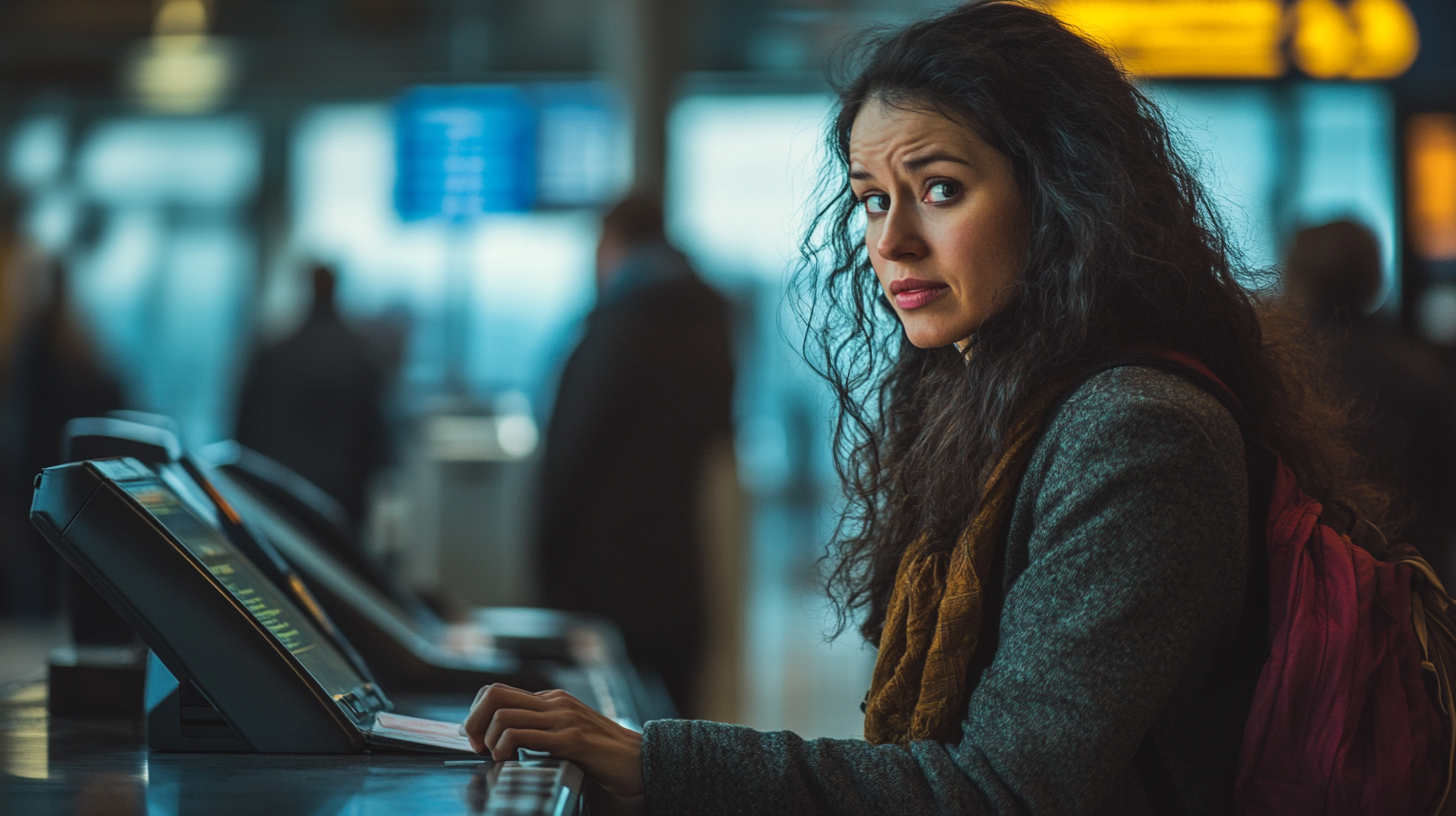Business Trip Delayed? Claim Your Perks and Keep Moving
I’ve spent countless hours traipsing through terminals at odd hours, always on the lookout for whatever might disrupt my well-laid plans. And trust me, there’s nothing quite like the sinking feeling when you see that dreaded delay notification next to your flight number. The silver lining? Knowing that airline policies and travel regulations can soften the blow—and occasionally reward you for your woes.
Know Your Passenger Rights

There’s a reason business travelers (and, in my experience, frequent flyers in general) keep an eye on regulations like EU261, UK261, and the U.S. Department of Transportation guidelines. These rules were designed to protect us, whether we’re in the air for corporate duties or personal adventures. In 2025, these regulations remain as relevant as ever, offering everything from free meal vouchers to hefty cash compensation. You might think your company footing the bill changes things, but more often than not, you still retain the right to claim what’s due to you—unless there’s an explicit clause in your contract waiving those rights.
It never hurts to collect evidence. I’m talking about saving your boarding pass, keeping screenshots of delay alerts, or even photographing those torturous departure boards. According to a recent study by the Air Passenger Advocacy Group, nearly 20% of travelers who gather such documents can more successfully make a compensation claim. The key is organization: the more documentation you have, the easier it is to prove your case and receive the perks you’re owed.
Compensation Under EU261, UK261, and the US Passenger Bill of Rights

EU261 and UK261 can be lifesavers. According to industry data from 2024, travelers in Europe and the UK annually claim over $400 million in flight delay compensation. I’ve managed to recoup a tidy sum myself under these regulations, especially on flights crossing a certain distance or delayed by three hours or more. Don’t be shy about contacting airline customer service; they’re legally bound to assess your claim. And if you’re not successful on your own, organizations like AirHelp or myflyright can sometimes secure compensation on your behalf.
For U.S.-based travelers, the Passenger Bill of Rights comes with its own set of perks. While it’s not always as straightforward as EU261, the 2024 federal rule update makes it easier to get a refund if your flight is canceled or significantly changed. There’s no harm in double-checking the official DOT site to stay current on what counts as “significant.” When you know your rights, you’re empowered to act quickly when the unexpected strikes, which can be the difference between rebooked success and a wasted day at the airport.
Service Upgrades and Amenities

One thing I’ve discovered is that service upgrades sometimes appear out of nowhere when traveling on business. On more than one occasion, a delayed flight for me has turned into a free hotel stay or a lounge pass. Airlines don’t always publicize these perks, but they’re often available—especially if the delay is under their control. Even if the carrier isn’t strictly required to offer you a meal voucher or accommodation, many airlines strive for goodwill gestures, knowing that positive reviews matter.
According to a 2023 satisfaction survey published by the International Air Transport Association (IATA), nearly 30% of business travelers reported receiving complimentary accommodations or meal vouchers during delays of two hours or longer. My advice? Go ahead and politely inquire at the gate if you don’t see any official announcements. Airline agents who see you’re calm, collected, and knowledgeable about your rights are far more likely to help with an upgrade or a bonus amenity.
Key Strategies to Minimize Delays

Ensuring a snappy and hassle-free journey starts with making smart decisions before you even head to the airport. I’ve become something of a fanatic for booking nonstop flights whenever possible, because skipping an unnecessary connection can be the difference between breezing by on time and missing an entire day’s worth of meetings. I also lean on travel management apps—some popular ones even offer real-time rebooking options as soon as a delay is detected.
Planning off-peak travel can be another game-changer. According to flight data from OAG, mid-week flights departing between 10 a.m. and 2 p.m. are typically less prone to delays. And don’t underestimate the value of a well-appointed carry-on: having your essentials, like chargers, toiletries, and a change of clothes, can make an unexpected overnight stay far less painful. Trust me, that small bag can feel like a treasure chest when everything else spirals out of control.
Navigating Refunds and Rebookings

If your flight is canceled or significantly altered, you can generally seek a rebooking or a full cash refund—especially under the new 2024 federal rule in the U.S. Most airlines process these reimbursements within 7–20 days, but keep an eye on your credit card statements, just in case. A tracking spreadsheet never hurts, particularly if your trips span multiple carriers.
In Europe under EC261 or in Britain under UK261, your rights to compensation often remain intact if your delay is more than three hours or you’re outright denied boarding. Companies that buy your tickets don’t magically revoke your claim rights, provided no contract states otherwise. From my vantage point, taking a proactive approach—filing claims quickly and keeping a paper trail—is the best way to ensure you don’t leave money on the table.
The Bottom Line

Delays can gut your best business strategies, but they also open up avenues for compensation and, sometimes, unexpected perks. The more you learn about airline obligations and your passenger rights, the more power you have to turn a headache into a potential advantage. Whether you’re traveling for an urgent meeting or just clocking in those frequent-flyer miles, preparedness is everything.
I’ve found that blending a fair bit of self-advocacy with these handy regulations keeps me confident in any terminal I roam. As we move through 2025, the rules keep evolving, so staying informed ensures you’ll make the most of every flight—delayed or not.
Final Thoughts

It’s no secret that flight interruptions can be mystifying, but a little know-how goes a long way. Keep your travel documents organized, stay on top of compensation rules, and don’t hesitate to rebook or ask for upgrades when the situation calls for it. Delays will always lurk around the corner in modern air travel, yet armed with the right approach, you can turn them into just another part of the journey—rather than a reason to hit the panic button.
At the end of the day, you’re better prepared when you know the ins and outs of industry guidelines and consistently claim the benefits that airlines are often legally bound to provide. It’s that magical blend of hustle, wit, and good planning that keeps you flying with confidence, no matter the weather forecast or the departure board’s whims.
Barry B.’s Take
I’ll admit it: I’ve come to view flight delays as a sort of puzzle rather than a personal affront. Sometimes I use that extra time to scope out hidden airport lounges or explore the local area if the delay stretches overnight. The key is staying flexible—refusing to let inconvenience pull you off your A-game.
When push comes to shove, I believe that knowing the rules is a serious advantage. And when you combine knowledge with a dash of persistence, even the most hapless itinerary can turn into an opportunity to get ahead, gather a story or two, and keep on moving without missing a beat.
milesBUZZ is your ticket to all the latest tips, so strap in and make every mile count.







